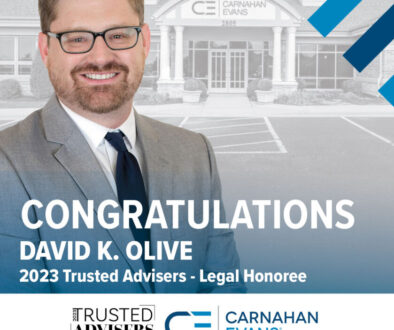Trust and Estate Disputes
Following an individual’s death, the will or trust of the decedent will dictate how their estate is to be distributed. Unfortunately, these well-intentioned documents, if not properly prepared, often lead to disputes and cause frustration amongst the beneficiaries, the trustees, and other people involved in the management of the estate. It may be impossible to know exactly what the grantor (the decedent) intended to happen following his or her death, and ambiguous provisions can produce major disagreements. Handling trust and estate disputes requires a thorough knowledge of relevant laws (such as the Uniform Trust Code), rules of evidence, and procedure. Thus, in order to reduce the risk of litigation and resolve heated disputes, it is important to hire an experienced attorney and to review the tips below.
Trust and Estate Disputes
BEFOREHAND
Prepare your estate plan carefully. As you build your estate plan, keep in mind potential disputes that may arise and work with your lawyer to eliminate vague statements that could be interpreted in multiple ways. Keeping in mind the unique personalities of your beneficiaries, predict who is likely to be upset by certain decisions, and address these possibilities accordingly. In addition, it might be appropriate to discuss your estate plan with your loved ones ahead of time. As they raise their concerns or frustrations, you will be able to answer their questions, make your wishes known, and avoid unnecessary conflict in the future.
Explain any unusual choices. If you intend to split your estate unevenly between your children, they may be confused or hurt by your decision. For example, if you give your beloved art collection to your niece instead of your son, he may feel slighted and perplexed. Either in the estate planning document itself or in person, explain the rationale behind these unusual choices. Understanding the reasoning behind your decisions should lessen your beneficiaries’ shock and confusion.
AFTERWARD
Heed the warning signs of impending disputes. Following the death of the decedent, ask those with disagreements concerning the estate to air their position early. If the beneficiaries meet and discuss disputes early, when the lines of communication are still open and people are calm, you may be able to resolve them without litigation.
Consider mediation or arbitration. Parties involved in the dispute should consider using mediation or arbitration to analyze the dispute objectively. Family baggage and high emotions can often affect the parties’ ability to view the disagreement clearly. If it becomes impossible to resolve an issue concerning the estate privately, a neutral mediator and an informal setting could improve both parties’ communication and lead them toward a compromise.
Avoid litigation whenever possible. Litigation is time consuming, stressful, and expensive. Even the so-called “winner” of litigation can come out feeling negative and exhausted. Furthermore, it is very likely that the last thing the decedent wanted to happen following death is for his or her family and friends to fight over the estate. Therefore, use the advice above to avoid litigation if you can.
_____
In a perfect world, beneficiaries would follow their loved one’s instructions as well as they could and peacefully agree on any remaining uncertainties. Unfortunately, death and inheritance often bring out the worst in people, leading to emotional fights between beneficiaries. Other common trust disputes include breach of fiduciary duty (i.e., the trustee’s obligation to act in the best interest of the decedent), failure to inform and report to beneficiaries, violation of the prudent investor rule, and the removal of a trustee. To avoid these disputes, we recommend employing the suggestions outlined above when creating and managing an estate.
If you need help resolving a trust dispute, contact the attorneys at Carnahan, Evans, Cantwell & Brown, located in Springfield, Missouri. Our Estate Planning Group would be happy to assist you in all aspects of trust formation and administration. With our help, you will be able to create an effective estate plan that fits your unique situation. For more information, please give us a call at 417-447-4400. We look forward to hearing from you!



